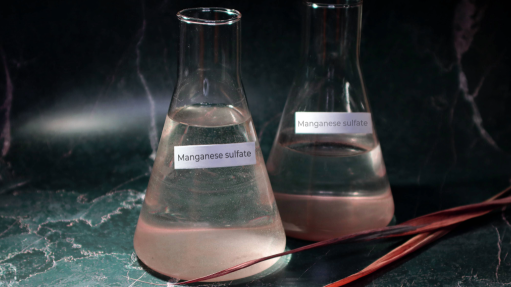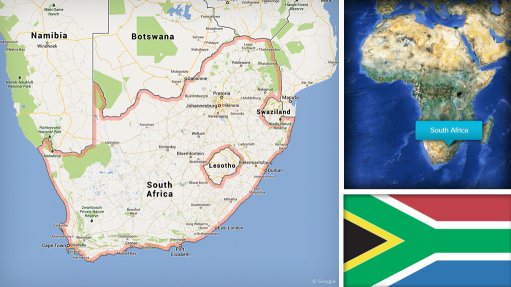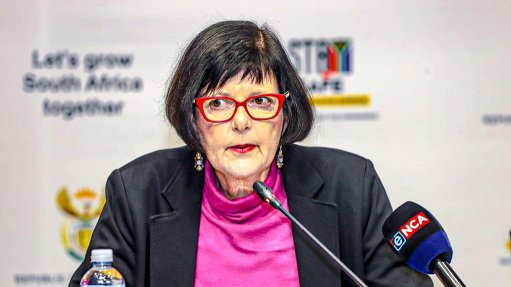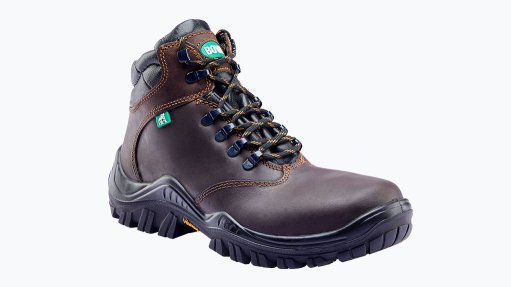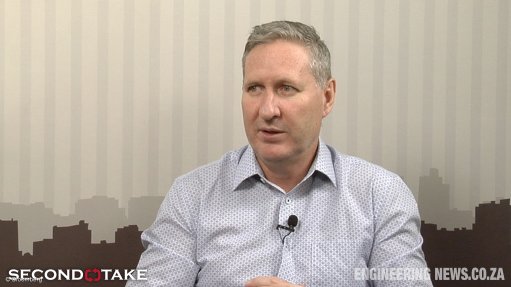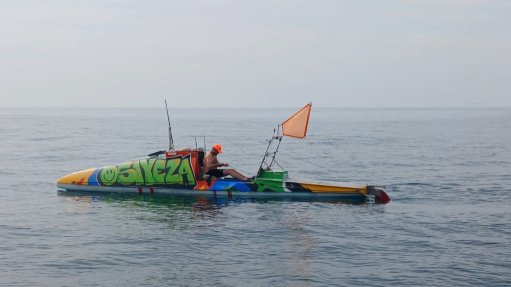Research group reports that the latest El Niño had a significant impact on South Africa
A South African research group has reported that the 2023/24 El Niño phenomenon was the fourth strongest yet recorded, and that it had a noticeable impact on South Africa. The research team, designated the El Niño Southern Oscillation Reference Group (ENSO-RG), was convened by the Council for Scientific and Industrial Research’s Applied Centre for Climate and Earth System Science. The ENSO-RG was set up in June last year, after the World Meteorological Organisation officially determined that an El Niño event was under way.
“El Niño Southern Oscillation, or ENSO, is a term used to describe the naturally occurring dynamic ocean-atmosphere phases of a significant part of the Pacific Ocean,” explained the ENSO-RG in its report. “This dynamic state fluctuates over periods of months along a gradient where the two extreme states are known as El Niño versus La Niña. In essence, El Niño is characterised by warmer-than-average sea surface temperatures in the ocean adjacent to the south-central coast of the Americas, while La Niña is characterised by lower-then-average sea surface temperatures in the same region.”
The magnitude of ENSO is such that it strongly affects global atmospheric circulation patterns, and these effects are linked with extreme climate events, in a number of regions. In South Africa, El Niño is statistically associated with conditions that are warmer and drier than average in the summer rainfall region. La Niña is associated with cooler and wetter conditions than average, in the same region.
“This summer season has been notably warmer than the long-term average in terms of both minimum temperature, maximum temperature and number of heat wave days,” pointed out the report. “These hot and dry conditions over large parts of the interior since mid-January, and still continuing into March, are having a significant negative impact on summer crop production.”
South African maize production for the 2023/24 season was estimated in February to be some 13% down on the figure for 2022/2023. The drop, over the same period, for soybeans, was even greater, at about 23%. But the continuation of hot and dry conditions after February are likely to see even greater declines. Grain crop production in Zambia and Zimbabwe has also been hard hit by the hot and dry weather.
Additionally, in South Africa’s summer rainfall region, at the end of this (2023/24) summer, dam levels were about 6% lower than they had been, at the same time last year. In general, heat levels during this summer just past were significantly higher in South Africa than the long-term average.
“It is clear that Climate Change is manifesting in new climate and weather records and extreme events and that this is no longer to be regarded as a future threat – it is here and now,” warned the report. Conditions were now moderating and there were early indications that a La Niña phenomenon could be developing.
Comments
Press Office
Announcements
What's On
Subscribe to improve your user experience...
Option 1 (equivalent of R125 a month):
Receive a weekly copy of Creamer Media's Engineering News & Mining Weekly magazine
(print copy for those in South Africa and e-magazine for those outside of South Africa)
Receive daily email newsletters
Access to full search results
Access archive of magazine back copies
Access to Projects in Progress
Access to ONE Research Report of your choice in PDF format
Option 2 (equivalent of R375 a month):
All benefits from Option 1
PLUS
Access to Creamer Media's Research Channel Africa for ALL Research Reports, in PDF format, on various industrial and mining sectors
including Electricity; Water; Energy Transition; Hydrogen; Roads, Rail and Ports; Coal; Gold; Platinum; Battery Metals; etc.
Already a subscriber?
Forgotten your password?
Receive weekly copy of Creamer Media's Engineering News & Mining Weekly magazine (print copy for those in South Africa and e-magazine for those outside of South Africa)
➕
Recieve daily email newsletters
➕
Access to full search results
➕
Access archive of magazine back copies
➕
Access to Projects in Progress
➕
Access to ONE Research Report of your choice in PDF format
RESEARCH CHANNEL AFRICA
R4500 (equivalent of R375 a month)
SUBSCRIBEAll benefits from Option 1
➕
Access to Creamer Media's Research Channel Africa for ALL Research Reports on various industrial and mining sectors, in PDF format, including on:
Electricity
➕
Water
➕
Energy Transition
➕
Hydrogen
➕
Roads, Rail and Ports
➕
Coal
➕
Gold
➕
Platinum
➕
Battery Metals
➕
etc.
Receive all benefits from Option 1 or Option 2 delivered to numerous people at your company
➕
Multiple User names and Passwords for simultaneous log-ins
➕
Intranet integration access to all in your organisation






